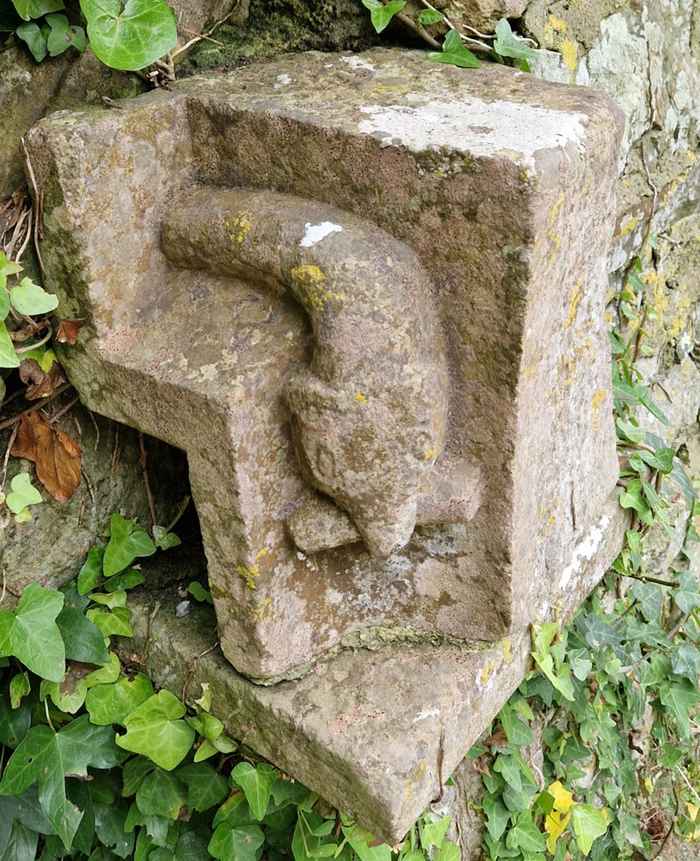Current Issues with Michael Clarke
- Date
- 11 December 2023
- Time
- 15:00 -16:30
- Location
- Universiteitsbibliotheek
- Room
- Doelenzaal

Reading scientific intepretations of the old gods
This session will begin by looking at modern revivals of ancient beliefs and practices, including goddess cults and druidism. Revivalists tend to use the language of faith and spirituality, while often making exceptionalist claims about the traditions owned by specific regional groups (e.g. ‘Celtic spirituality’, ‘the Neolithic Great Goddess’). From this perspective we will look back at ancient and medieval European attempts to construct scientific theories of comparative religion and mythology. We will look at the strategies developed by Euhemerus in the Hellenistic period and developed further by medieval Christian scholars, which emphasised universal nature-worship and the deification of great men after their deaths. This, I hope, may make us think in new ways about the historical interpretation of Norse and Celtic gods in particular, and about what it means to be a ‘druid’ in a Celtic context or worldwide.
About the speaker
Michael Clarke’s research brings together the mythological and epic traditions of medieval northern Europe, especially Gaelic Ireland, with those of Graeco-Roman and Near Eastern antiquity. He has been Established Professor of Classics at the University of Galway since 2006.